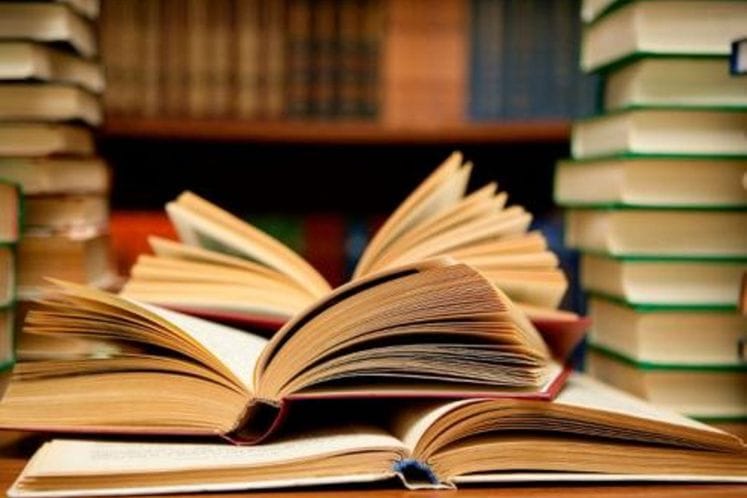- Government of Montenegro
Education in Montenegro
Education in Montenegro

Education is the cornerstone of a strong society. In order to build a society based on knowledge, the Government of Montenegro has placed education in the focus of its work, striving for a clear goal - ensuring accessibility, quality of education and appropriate educational infrastructure.
The Ministry of Education, Science, Culture and Sports is in charge of the overall education policy.
Education providers
Education and upbringing services are provided in preschool institutions, schools, educational centres, resource centres, by adult education providers, at universitities, faculties, art academies and higher vocational schools. Educational institutions can be public or private.
Education financing
Public financing of pre-university is obtained from the central level, while local governments contribute as well to a certain extent. When it comes to the financing of public institutions of higher education, the Government determines the amount of funds for the financing of these institutions, and their students, for each year.
Equality in the Exercise of the right to Education
Montenegrin citizens are equal in exercising their right to education, regardless of nationality, race, gender, language, religion, social origin or other personal features. Foreign citizens who have either temporary or permanent residence in Montenegro are equal to Montenegrin citizens in exercising the right to education. As regards higher education, a foreigner is entitled to enroll in a study program in Montenegro under the same conditions as Montenegrin citizens, in accordance with the Law on Higher Education and the Statute of the institution.
Language of Instruction
Language of instruction in educational institutions is the official, Montenegrin language. Classes are also held in other languages in official use: Serbian, Bosnian, Albanian and Croatian.
Curriculum
Education and upbringing are provided on the grounds of educational programs adopted by the Ministry of Education, Science, Culture and Sports at the proposal of the National Council for Education. In higher education, the accreditation of study programs is carried out by the Agency for Control and Quality Assurance of Higher Education, upon the proposal of a higher education institution.Useful links
Institute for Education of Montenegro: https://zzs.gov.me/naslovna
Vocational Education Center: https://www.cso.gov.me/centar
Examination center: http://www.iccg.co.me/1/index.php?lang=sr
Institute for Textbooks and Teaching Aids: https://zuns.me/
University of Montenegro: https://www.ucg.ac.me/
Faculty for Montenegrin Language and Literature: http://www.fcjk.me
University of Donja Gorica: https://www.udg.edu.me/
University of the Mediterranean: http://unimediteran.net/index.php/mne/
University Adriatic Bar http://www.univerzitetadriatik.com/pocetna.htm
Faculty of Administrative and European Studies http://www.fdes.me
Faculty of Business Management – Bar http://fpm.me
School portal: http://www.skolskiportal.edu.me
School statistics: https://skolskastatistika.edu.me/
Montenegrin Qualifications Framework: http://www.cko.edu.me/
E-government: http://www.euprava.me/program-strucno-osposobljavanje
Erasmus + Montenegro: http://www.erasmusplus.ac.me/
Europass and Euroguidance: http://europasscrnagora.me/start/index.html
Eurodyce Montenegro https://eacea.ec.europa.eu/national-policies/eurydice/content/montenegro_en
Unicef Montenegro: https://www.unicef.org/montenegro/
CEEPUS programme http://www.ceepus.info
